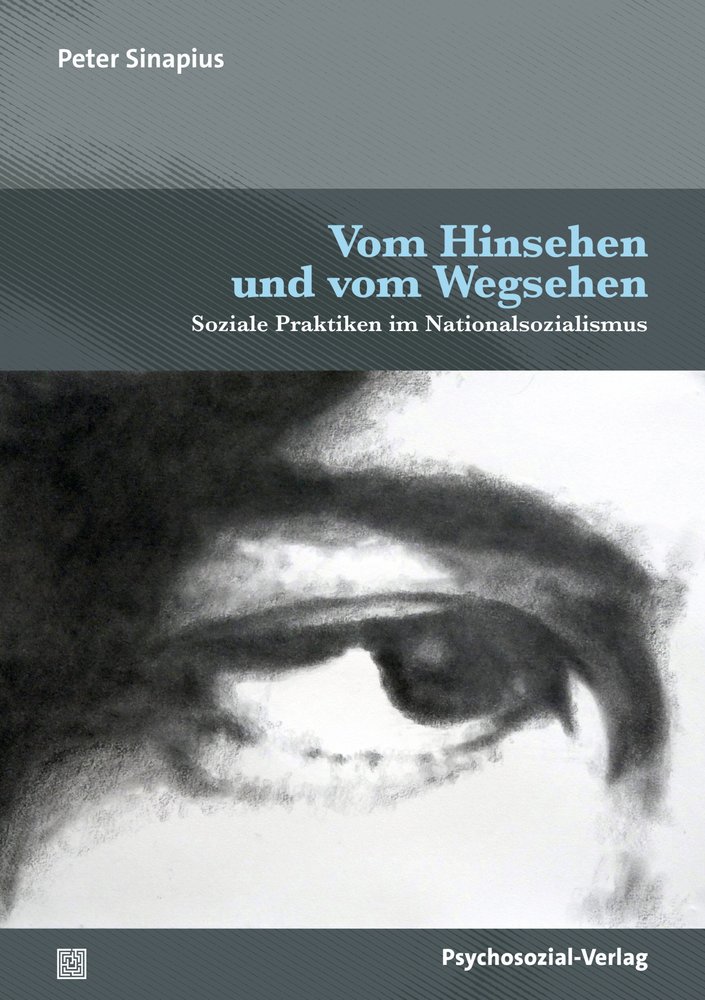Ein Großvater, der für seinen Widerstand gegen die nationalsozialistische Gewaltherrschaft ins Konzentrationslager gebracht wird, ein Vater, der in der Wehrmacht als Offizier Karriere macht, und eine Mutter, die von ihrer Zeit im Bund Deutscher Mädel regelrecht erfüllt ist. Wie haben sie ihre Welt gesehen und welcher Weltanschauung sind sie gefolgt? Warum haben einige von ihnen die politische Welt ausgeblendet und die Verfolgung von Minderheiten geduldet, während andere sich der Gewaltherrschaft verweigert und Widerstand geleistet haben?Im Spannungsfeld von Moralphilosophie und Wahrnehmungspsychologie beleuchtet Peter Sinapius heterogene Lebensentwürfe (s)einer Familie während des Nationalsozialismus. Religiöse Überzeugungen, soldatische Tugenden, blinder Gehorsam oder rassistische Überlegenheitsfantasien werden dabei als soziale Praktiken der Unterdrückung, der Anpassung oder des Widerstands verstehbar, die grundsätzlich nach den Bedingungen totalitärer oder freier Gesellschaften fragen.


